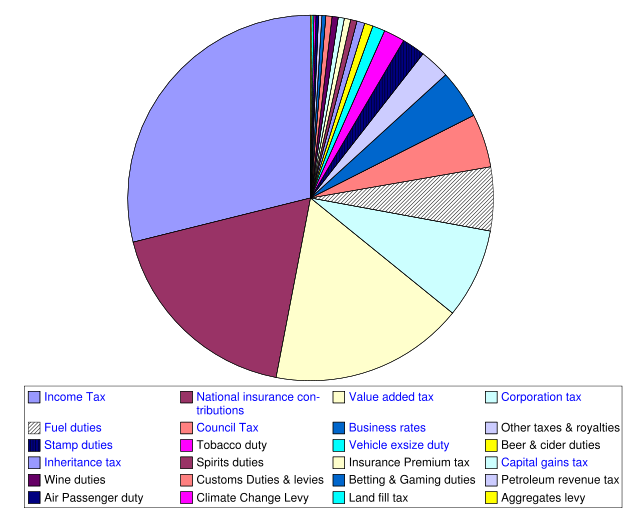I don't like the OP's title. The main problem with the ' examining the wealth gap' is that it causes people to no longer be satisfied with improving the quality of their lives but fosters jealousy. Negative emotions ruin people's lives more than any amount of poverty. People need to be happy if their lives are getting better.
Getting people out of poverty should be the goal, not whining about disproportionate luxuries
report said:
The 1990s saw the two poverty measures diverge, with the number of households identified as breadline poor continuing to rise, and the core poor falling from a peak of about 14% of households to around 11%. During this period, the personal wealth held by the richest 1% of the population grew as a proportion of national share, rising from 17% in 1991 to 24% in 2002.
Moving 3% of the population out of 'core poor' seems like a pretty impressive thing and it's nothing but good. Of course, it could be faster, but the fact that people are leaving 'core poor' means the system is working. Jealousy towards the rich won't help anything, figuring out what's working is what will help.
And the report is too vague, because it says the
number of breadline poor is rising. It's sad, I'll admit, but I have no idea if it's rising faster or slower than the population growth rate. That would be a vital piece of information.
Then there's the state of the housing market here. There's a shortage of affordable housing. ... Fortunately, our new Prime Minister has pledged (note: "pledged") to build more homes, and he is also cajoling lenders into offering longer fixed rate mortgages.
It seems the solution, here, is to get into the construction business or invest in construction co-op opportunities. Shovelling your investment or talents into a field will result in that field improving. And I mean you, personally. I'm not even suggesting that you give savings to charity, merely make money by helping fix the problem
How does a rich person 'use' the military? Or the police for that matter.
Don't be silly. The rich disproportionally benefit (on an absolute scale) by having a stable and safe society: especially the upper-middle class. A safe society means that it's easier to collect and nurture your asset accumulation: the rich have more assets and luxuries to collect.
Your mind is very one track - and that track is work, work, work. Ever occur to you that there's more to life than earning money?

Or whats more, that if you do earn money then perhaps it would be nice to enjoy it rather tnan have the costs swallowed up by living expenses?
This attitude is part of the problem. You're willing to be jealous of other people's wealth, and you think that you should be allowed to use your money for leisure. Oh, and you don't want to 'work, work, work'.
Guess what, money is made by working and investing. It's the only way it's actually MADE. You don't make money by drinking pints or smoking pot, no money is made when it's handed to you. You're complaining about the poverty in your nation: do something about it. Work hard at your job, spend your spare time learning trades and skills you need to know to advance, save your cash and invest it. These are what build wealth in a nation, by feedback loops. You want to pull people out of poverty? Do it.
You want a better world, make it! Get a haircut and real job, invest in projects you believe in, applying continued learning principals throughout your life. If you're not working, then you should be learning. That's what makes the world a better place.
Skadistic: you asked whether the poor should have easy access to the internet. I think they should, especially in any developed nation. The "One laptop per child" initiative is showing that quite handily. Everyone should be able to have access to the internet, and (I think) it should be freely available to those who are poor. More than anything else in society (except maybe public transport and early public education), the internet can be used as a tool for everyone to expand their knowledge base and skill set.
We're trying to get laptops and internet access to the poorest kids of the poorest nations, because it's such a legup in the world. Everyone should have access to it. Frankly I wouldn't mind a decent computer and cable internet being provided to every family in my country: some poor might not partake of the opportunity, but
everyone seeking to improve themselves should have the opportunity.
And the internet should be at the people's homes. You can bring a textbook home from the library, but you can't spend hours watching lectures or doing sample exams at the library - or at least, it's not optimal.


 Or whats more, that if you do earn money then perhaps it would be nice to enjoy it rather tnan have the costs swallowed up by living expenses?
Or whats more, that if you do earn money then perhaps it would be nice to enjoy it rather tnan have the costs swallowed up by living expenses?

